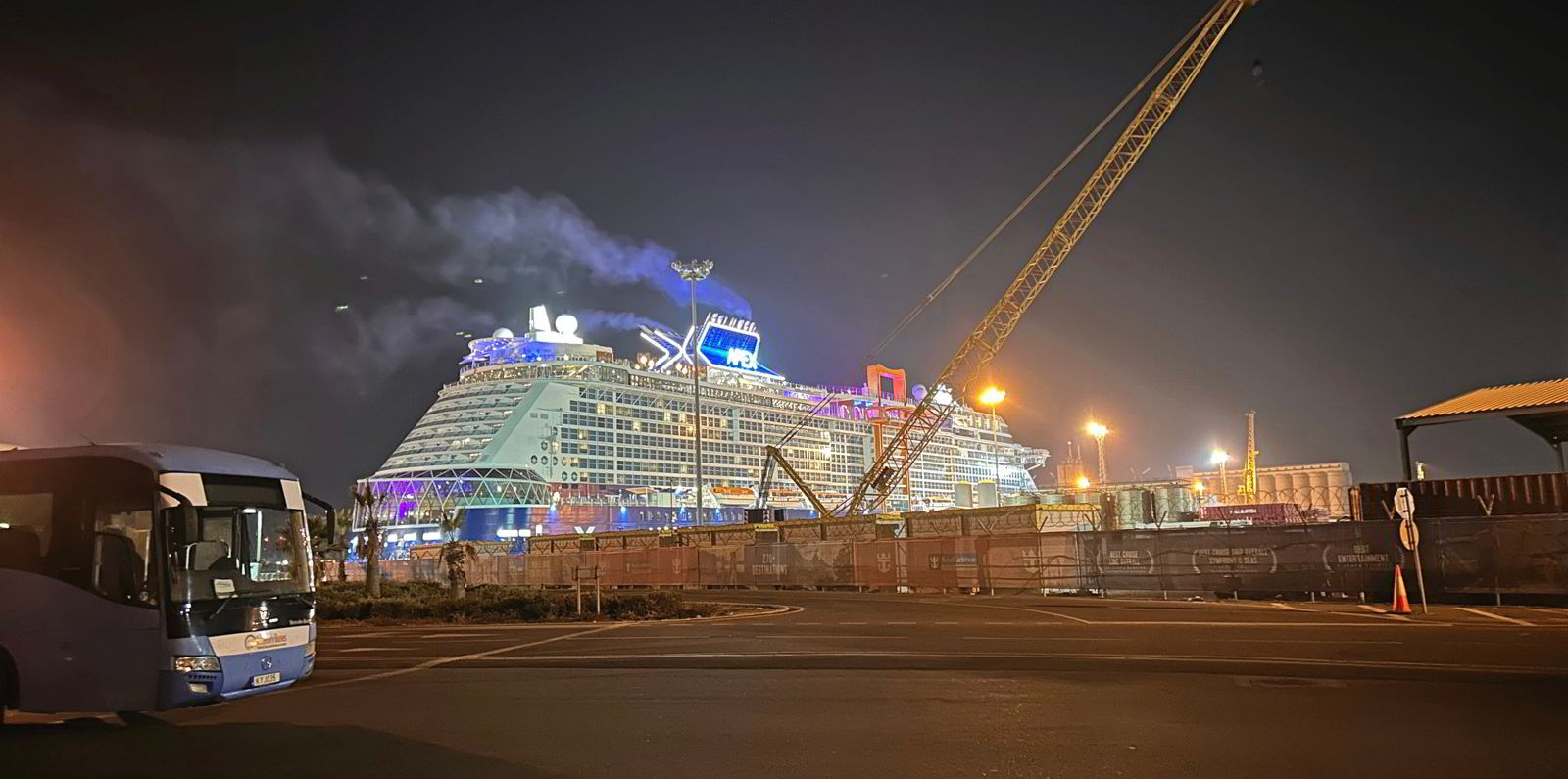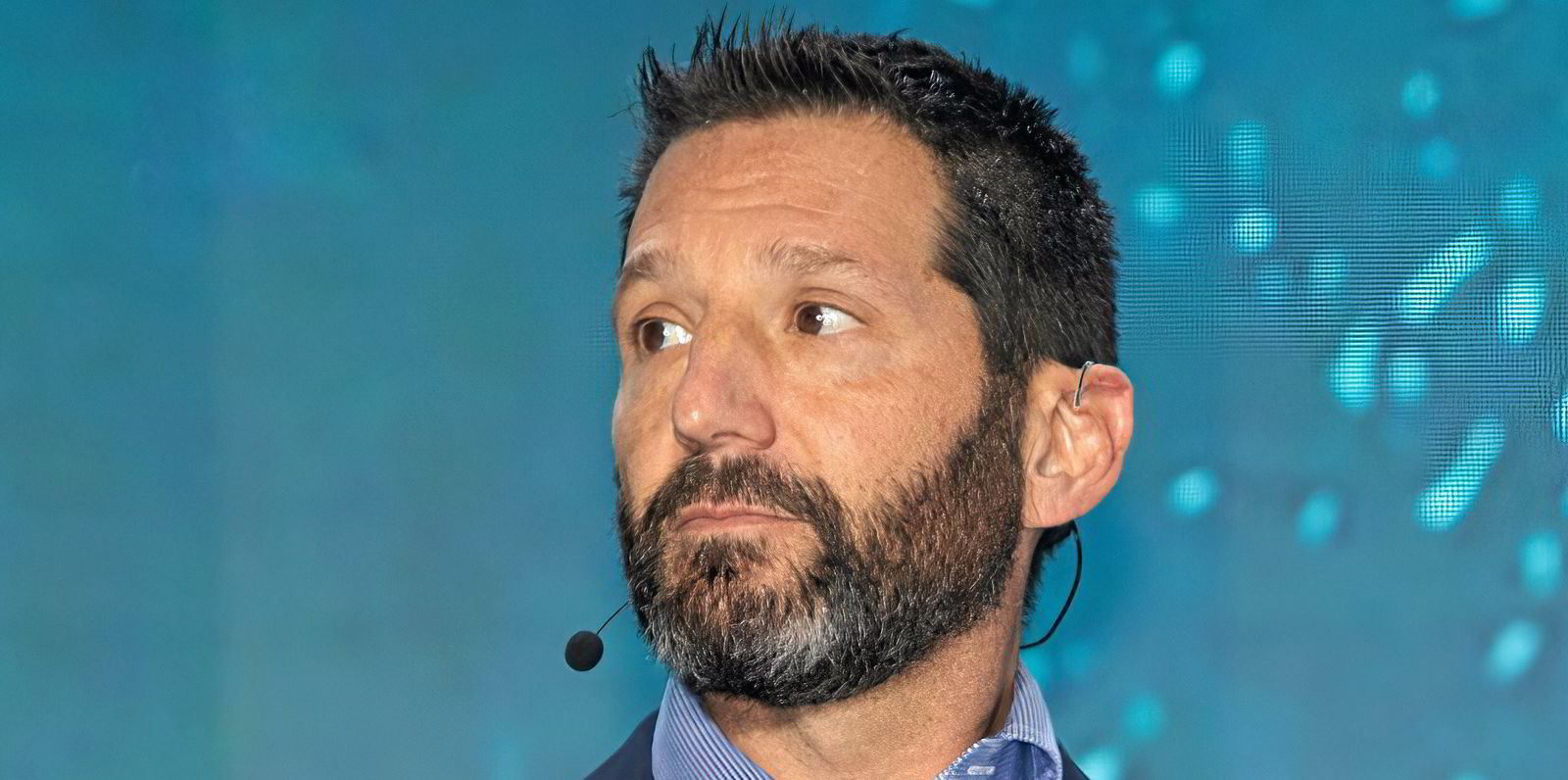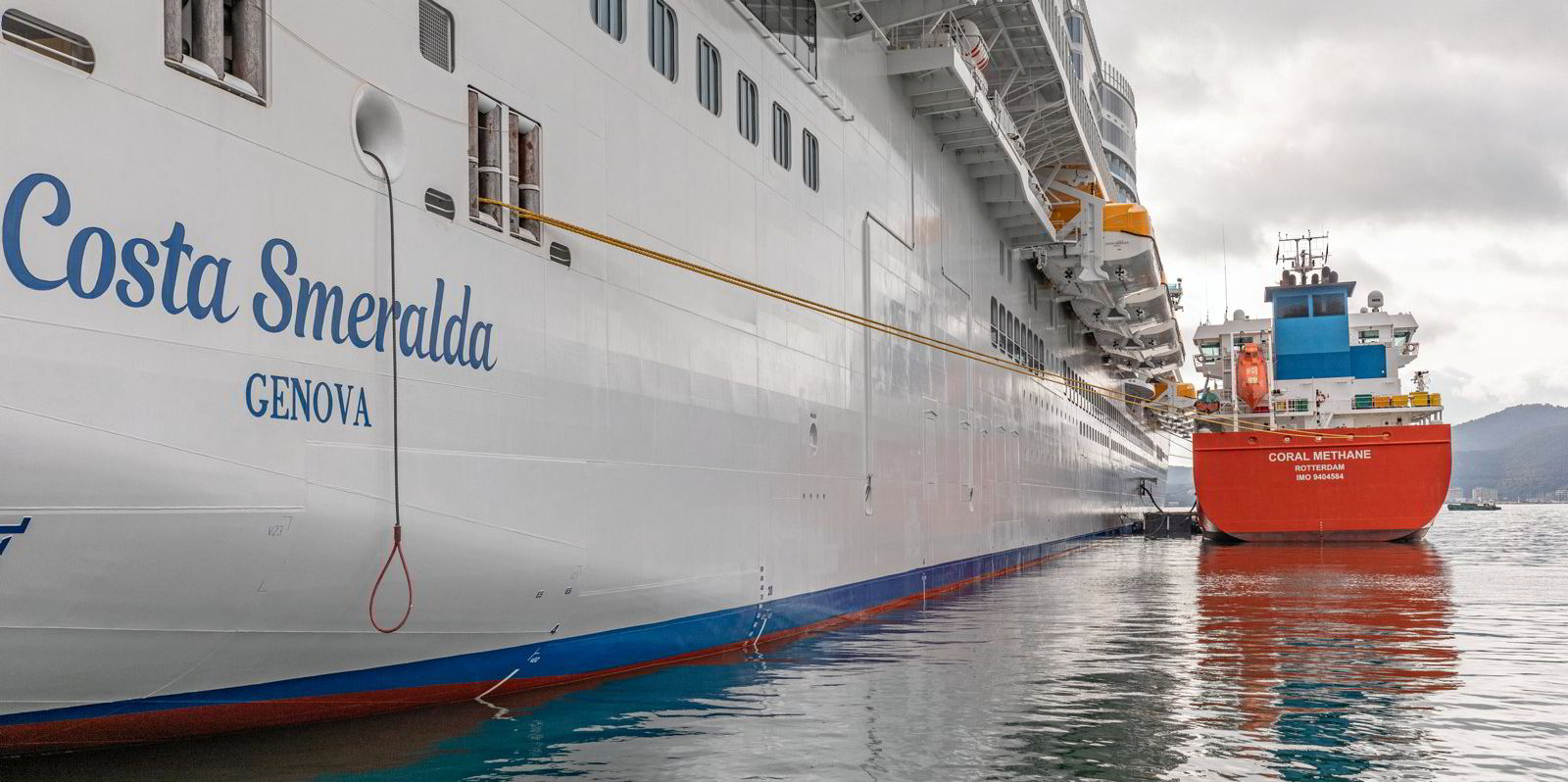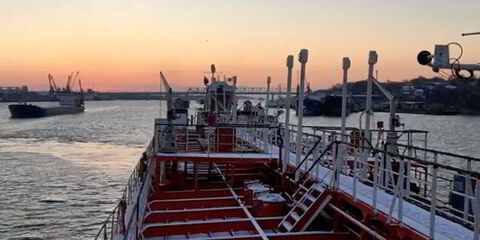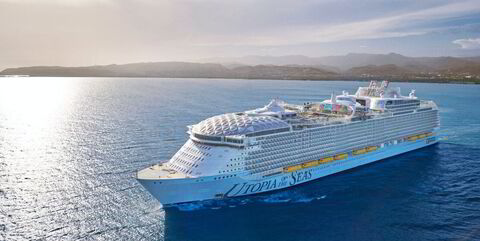Shipowners active in Israel and Lebanon are being warned to exercise maximum caution after the Israeli-Palestinian conflict flared up to levels of violence not seen in decades— sparked by a raid of armed Palestinians storming out of Gaza that caused over a thousand of deaths.
A major shipowners’ organisation has issued a “Security Level 3” warning to members sailing in the area.
That is its maximum security level.
Cruise operators have already begun diverting ships away from Israel, especially the port of Ashdod.
Celebrity Cruises’ 130,800-gt cruise ship Celebrity Apex (built 2020) was supposed to have called at Ashdod just as war broke out in the region.
Instead, the giant ship changed course and docked in Limassol, Cyprus on Sunday. When the Celebrity Apex continues with its voyage it will head direct to Egypt.
Similarly, Holland America Line's 99,900-gt cruise ship Nieuw Statendam (built 2018) diverted from a planned call at Ashdod on Monday, heading instead to the Turkish port of Alanya.
Ashdod is very close to the Gaza Strip and clashes have been reported in or around that town. Rockets fired by Hamas have a radius even beyond Ashdod and have hit cities much farther away like Tel Aviv.
According to cruise industry website cruisehive.com, safety concerns are expected to lead to route changes of several other cruise ships that were scheduled to call in Israel over the next few days.
Those include vessels run by major cruise operators like Royal Caribbean, Norwegian Cruise Lines, TUI Cruises and MSC Cruises.
Some cruise lines are still calling at Haifa, a popular port city in the north of Israel and therefore removed from the immediate danger in the South.
Royal Caribbean’s 78,900-gt cruise ship Rhapsody of the Seas (built 1997) was still set to call at Haifa on Monday, and vessel tracking websites showed the ship early on Monday to be approaching the port.
Few cruise lines have put out public statements about future calls at Israeli ports. TUI Cruises said in a statement posted on its website that it was monitoring developments, and if the situation on the ground does not stabilise, it may have to cancel the calls at Ashdod and Haifa for its 98,900-gt cruise ship Mein Schiff 5 (built 2016) scheduled for later this week.
How far will it spread?
As for commercial cargo shipping, the conflict is not known to have led to any disruptions yet.
According to industry players speaking in Cyprus on the sidelines of the Maritime Cyprus conference that began on Sunday, some maritime companies with staff in Israel have been enquiring employees if they wish to leave the country.
Shipping companies have advised seagoing personnel to be on alert, but no disruption to traffic has been noted yet.
Vessel trackers show several ships in Ashdod, which is also one of Israel’s three biggest sea terminals by cargo volume.
Those include bulkers like the 29,500-dwt Lodestar Capella (built 2008), the 75,000-dwt Viktor Tsoi (built 2013), the 57,800-dwt Kingfisher (built 2010), the 32,200-dwt Admiralty Spirit (built 2004), as well as the 1,134-teu boxship Medkon Perla (built 2007).
“As of now, operations are normal at the ports,” one executive of a shipping company with a vessel in Ashdod told TradeWinds.
The major concern, however, is that the conflict could draw in more powerful players.
“It is not Hamas I'm worried about, it's Hezbollah,” one shipping executive told TradeWinds.
The Shiite militia is an extremely powerful actor in the south of Lebanon, equipped with missiles that could strike in Israel's north.
“Haifa could be a target,” the executive said.
